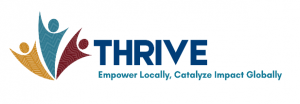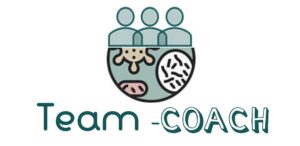Nuestro objetivo estratégico es la investigación en el campo de la infectología pediátrica global con especial colaboración con Europa, África y Latinoamérica con un énfasis en mejorar la salud de los niños y con una visión de innovación.
Las líneas de investigación principales del grupo de nfectología pediátrica global son las siguientes:
- Infección VIH, infecciones oportunistas y enfermedad avanzada en población pediátrica con un enfoque de salud global.
- Innovación en la prevención el manejo de infecciones en población pediátrica con un enfoque de salud global.
- Mejora de la prevención y el manejo de las infecciones con repercusión en la población pediátrica para reducir la resistencia a antimicrobianos.
- Estudio de infecciones emergentes con repercusión en población pediátrica con un enfoque de salud global.
- Tecnologías Médicas Innovadoras: Investigación en el diseño y desarrollo de dispositivos médicos o aplicaciones móviles con repercusión en la salud de la población pediátrica, incluyendo herramientas de diagnóstico portátiles y tecnologías médicas avanzadas adaptadas. Diseño y desarrollo de modelos predictivos complejos utilizando algoritmos basados en estadística e inteligencia artificial aplicada al diagnóstico, tratamiento y seguimiento de enfermedades infecciosas pediátricas con un enfoque global.
- Diseño y desarrollo de modelos predictivos complejos utilizando algoritmos basados es estadística e inteligencia artificial para la prevención, diagnóstico y tratamiento de enfermedades infecciosas pediátricas con un enfoque de salud global.
- Nuevas estrategias innovadoras de diagnóstico de infecciones en la edad pediátrica con un enfoque de salud global.
El grupo Innovación en Infectología Pediátrica Global actualmente cuenta con proyectos europeos competitivos coordinados por el Instituto de Investigación del 12 de Octubre/Fundación de Investigación 12 de Octubre (EMPIRICAL y TEAM COACH).





 This project is co-funded by the European Union.
This project is co-funded by the European Union. 